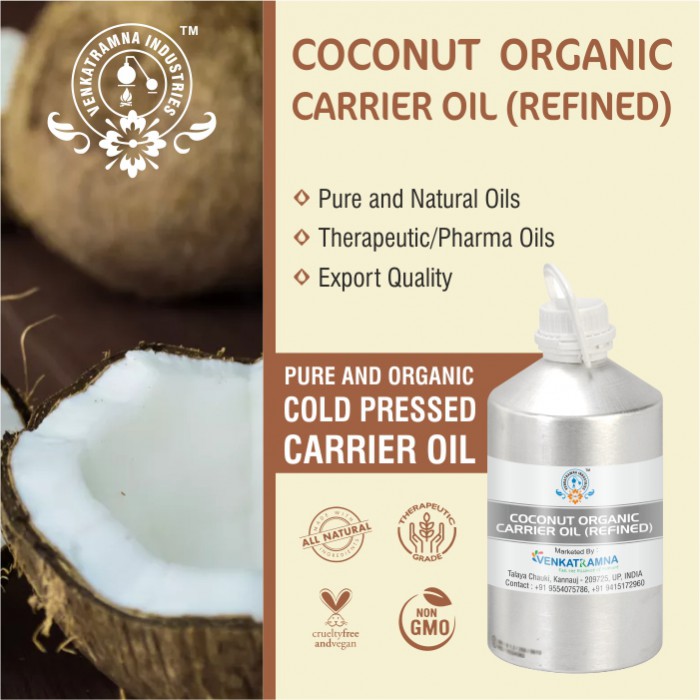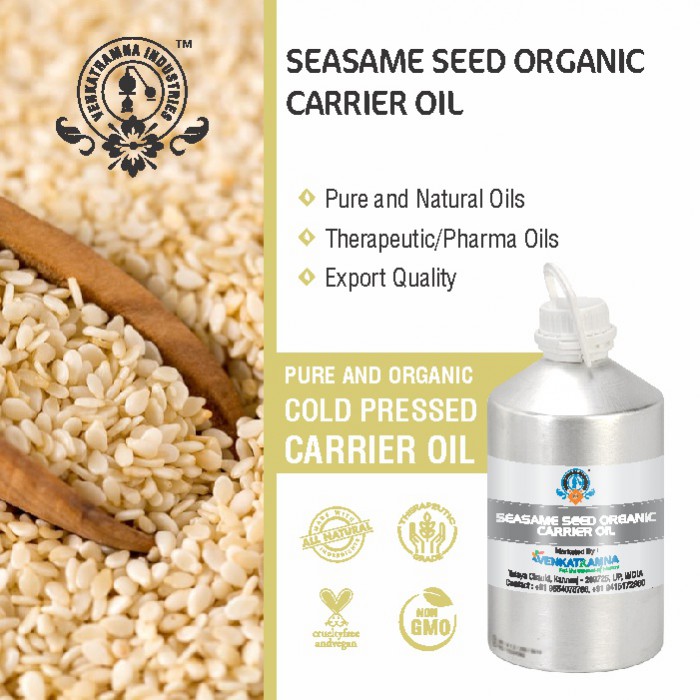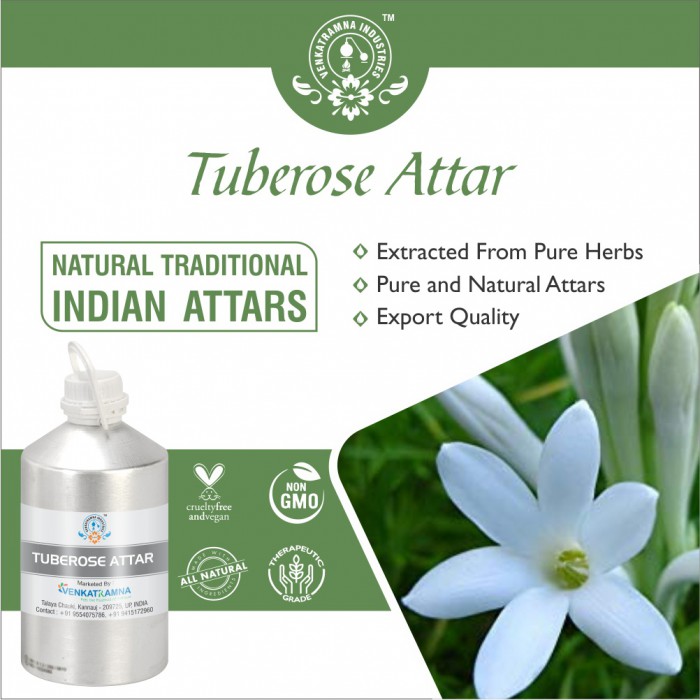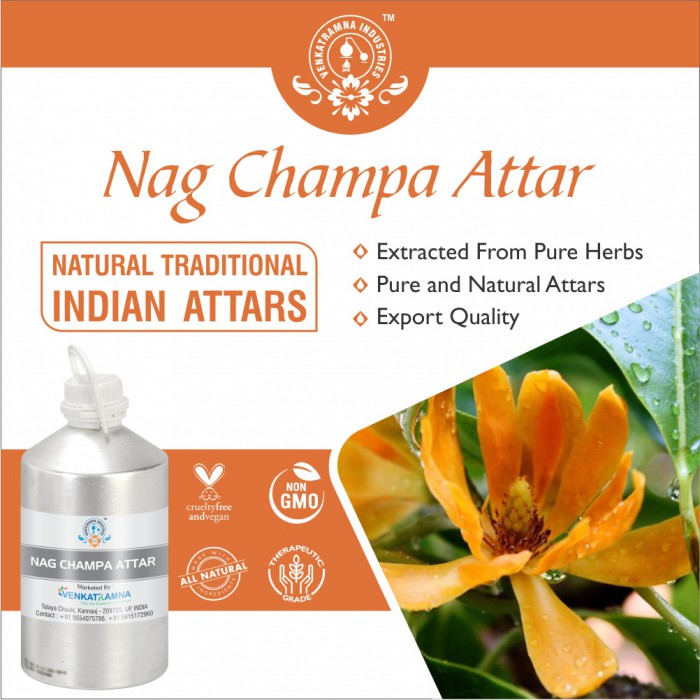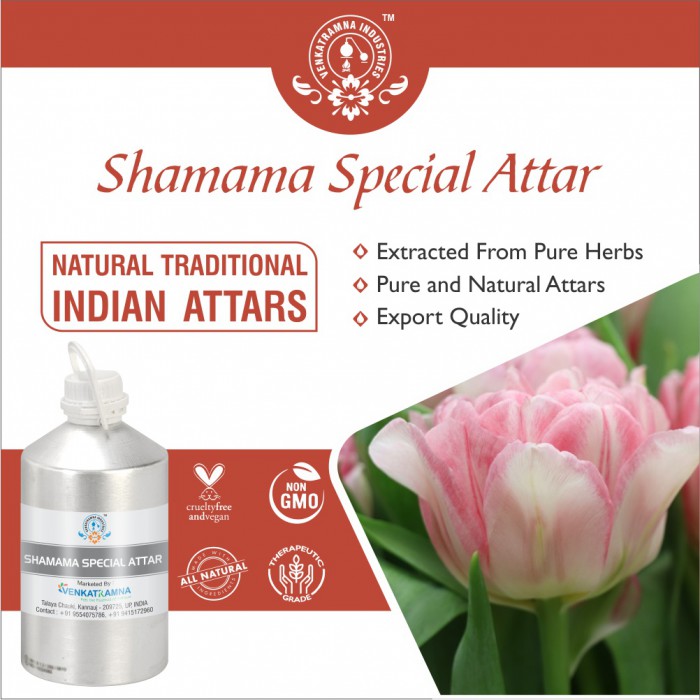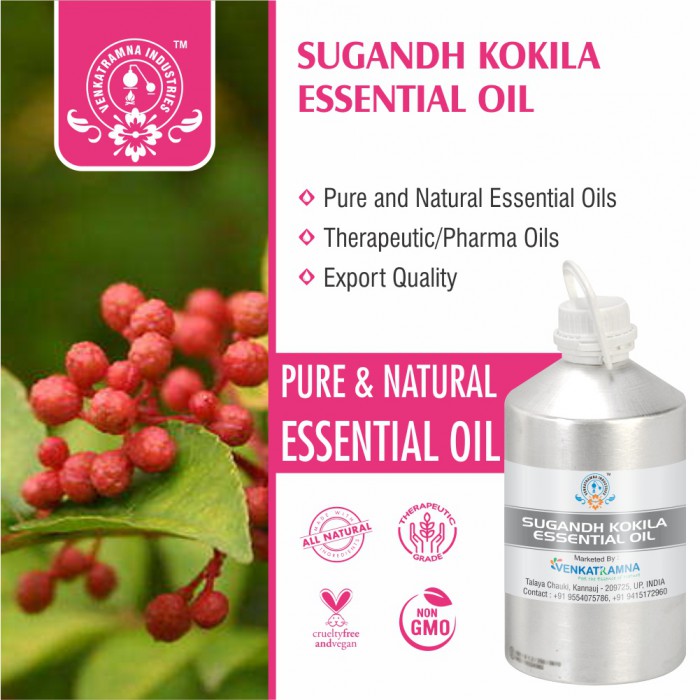Botanical Name: Cupressus sempervirens Common name: Italian Cypress, Mediterranean cyp Read More
|
Botanical Name: |
Cupressus sempervirens |
|
Common name: |
Italian Cypress, Mediterranean cypress, Graveyard Cypress, Pencil
Pine |
|
Plant family: |
Cupressaceae |
|
Genus: |
Cupressus |
|
Appearance/Color: |
A fine liquid
with a qualitative consistency and yellow color. |
|
Odor: |
Delectable and resinous aroma |
|
Blends With: |
Orange, Fennel,
Bergamot, Lemon Tea Tree, Lavender, Geranium, Lemon Myrtle, Pine, Cedarwood,
Clary Sage, Sandalwood, Juniper, Marjoram, Jasmine, Rose and Cardamom. |
|
Origin: |
France |
Cupressus sempervirens is a tree that grows up to 30 m tall. The leaves are 0.5 to 1 mm, dark green and obtuse. The male cones are 4 to 8 mm, the female are 25 to 40 mm. They are elliptical-oblong (rarely globose), green when young and shining yellowish-gray when ripe, with 8 to 14 short and obtusely spiked scales. There are 8 to 20 seeds on each scale. Cupressus sempervirens, also known as the Mediterranean cypress or Italian cypress, is native to the eastern Mediterranean region, North America and subtropical Asia at higher altitudes. Literature survey regarding its pharmacology revealed that Cupressus sempervirens has antiseptic, aromatherapeutic, astringent, balsamic or anti-inflammatory, antispasmodic, astringent, antiseptic, deodorant and diuretic activities. Literature survey regarding chemistry showed that monoterpenes, diterpenes, flavonoid glycoside and biflavonoid compounds are found in this species. The present review aims to highlight the chemistry, traditional uses and biological activities of the Cupressus sempervirens plant.
DISCLAIMER
The complete range of conditions
or methods of use are beyond our control therefore we do not assume any
responsibility and expressly disclaim any liability for any use of this
product. Information contained herein is believed to be true and accurate however,
all statements or suggestions are made without warranty, expressed or implied,
regarding accuracy of the information, the hazards connected with the use of
the material or the results to be obtained from the use thereof. Compliance
with all applicable federal, state, and local laws and local regulations
remains the responsibility of the user.
The FDA has not evaluated the
statements on this website. No claims are made by Venkatramna Industries as to
the medicinal value of any products from vriaroma.com or by us. The information
presented here is for educating our customers about the traditional uses of
essential oils and is not intended to diagnose, treat, cure, or prevent any
disease. You are responsible for understanding the safe application of these products.
If you have any questions, please call or email us for further information.
As per NAHA guidelines, New Directions Aromatics
(NDA) does not recommend the ingestion of essential oils. It is imperative to
consult a medical practitioner before using Essential Oils for therapeutic
purposes. Pregnant and nursing women and those taking prescription drugs are
especially advised not to use this product without the medical advice of a
physician. The oil should always be stored in an area that is inaccessible to
children, especially those under the age of 7.
Cupressus sempervirens has
an important place in traditional system of medicine; therefore, many
pharmacological studies have been done on various part of the plant (Figure 5).
The dried cones and young branches are used as anti-anthelmintic, antipyretic,
antirheumatic, antiseptic, astringent, balsamic, vasoconstrictive and
antifungal. They are taken internally for the treatment of whooping cough, the
spitting up of blood, spasmodic coughs, colds, flu and sore throats. Paste of
cones and young branches applied externally for tightening up the blood vessels
in haemorrhoids. A foot bath of the cones is used to clean the feet and counter
excessive sweating. It is also used as antiseptic, deodorant and diuretic effects,
to promote venous circulation to the kidneys and bladder area and finally to
improve bladder tone and as a coadjutant in therapy of urinary incontinence and
enuresis
Cypress Emerald Natural
Essential Oil in Pharma
The drug obtained from Cupressus
sempervirens was used externally for head colds, coughs and bronchitis. A
decoction of the cones and leaves of Cupressus sempervirens was used in a sitz
bath three times a day for one week for haemorrhoids. The cones and leaves were
used internally as an astringent. Externally, the extract of the cypress was
incorporated in preparations
(ointments and suppositories) and
used to treat
haemorrhoids, varicose veins
and venous circulation
disorders. The essential oil was used as
antiseptic and an antispasmodic
for stubborn coughs(78). Cypress was
also described as deodorant, and diuretic, to promote venous circulation to the
kidneys and bladder area, and to improve bladder tone and as a co-adjuvant in
therapy of urinary incontinence and enuresis.
Essence of Cypress Emerald
Natural Essential Oil
Known for its astringent
properties, the essential oil is often used today in perfumery, especially
men's cosmetics.
Cypress essential oil is
distilled from the wood of the majestic Cypress tree, which grows in Europe,
particularly around the Mediterrean. The tree has been venerated since ancient times
and gave its name to the island of Cyprus.
It has also been associated with
burial grounds since Greek and Roman days and is traditionally believed to have
supplied the wood for Christ's Cross.
COMMON USAGE
·
Combats excessive perspiration
·
Treats menorrhagia
·
Controls oily skin
·
Cures hemorrhoids
·
Fights against varicose veins
·
Lowers rheumatism
·
Soothes nerves
·
Provides relaxation
·
Antibacterial and Anticancer
Ingredients:
|
S.No |
Key Constituents |
Strength (%) |
|
|
?-pinene |
40.5-47.51 |
|
1 |
?-terpinolene |
18.2-24.44 |
|
2 |
3-carene |
16.0-18.60 |
|
3 |
?-limonene |
8.1-11.61 |
|
4 |
terpinen-4-ol |
8.54-10.56 |
|
5 |
?-myrcene |
2.2-4.89 |
|
6 |
camphor |
1.8-4.62 |
|
7 |
?-linalool |
1.3-4.23 |
TOXICOLOGICAL
INFORMATION
Safety Summary
·
Hazardous No Data
·
Contraindications Not Known
|
Information on toxicological effects |
|||
|
|
Acute Toxicity |
Acute toxicity: DELTA-3-CARENE (CAS: 13466-78-9) Oral route : LD50 = 4800 mg/kg |
|
|
|
Skin corrosion / irritation |
May cause irreversible damage to the skin; namely
inflammation of the skin or the formation of erythema and eschar or oedema
following exposure up to four hours. |
|
|
|
Serious eye damage / irritation |
No additional data available. |
|
|
|
Respiratory or skin sensitisation |
May cause an allergic reaction by skin
contact. |
|
|
|
Germ Cell Mutagenicity |
No additional data available. |
|
|
|
Carcinogenicity |
Monograph(s) from the IARC (International Agency for
Research on Cancer): CAS 5989-27-5 : IARC Group 3 : The agent is not
classifiable as to its carcinogenicity to humans. |
|
|
|
Reproductive toxicity |
No additional data available. |
|
|
|
STOT-single exposure |
No additional data available. |
|
|
|
STOT-repeated exposure |
No additional data available. |
|
|
|
Aspiration hazard |
May be fatal if swallowed and enters airways. Aspiration toxicity includes severe acute effects such
as chemical pneumonia, varying degrees of pulmonary injury or death following
aspiration. |
|
|
|
Photo-toxicity |
No additional data available. |
|
|
|
Other Information |
No additional data available. |
|
ECOLOGICAL
INFORMATION
·
Toxicity Very toxic to aquatic life with long
lasting effects. No aquatic toxicity data available for the substances. The
product must not be allowed to run into drains or waterways.
·
Persistence & degradability HYDROCARBONS
Biodegradability: no degradability data is available; the substance is
considered as not degrading quickly.
·
Bioaccumulation Potential No additional data
available.
·
Mobility in soil No additional data available.
·
Results of PBT and vPvB Assessment No additional
data available.


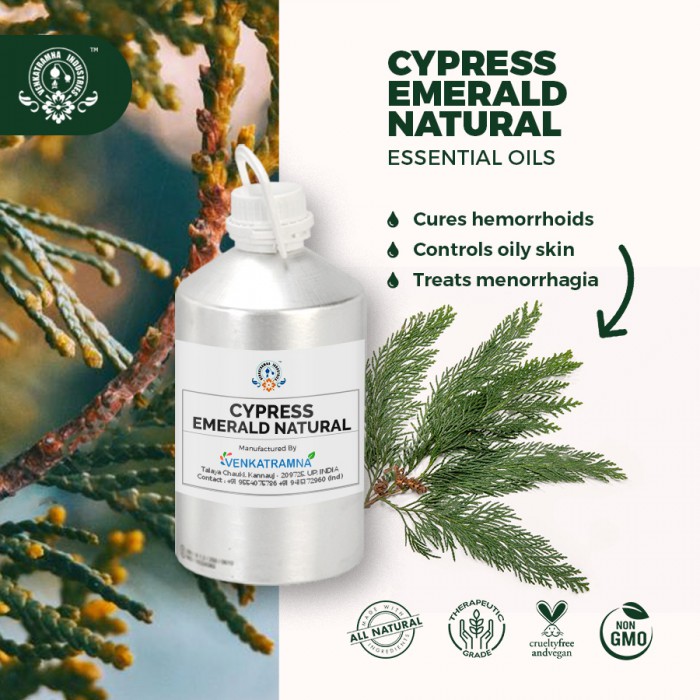
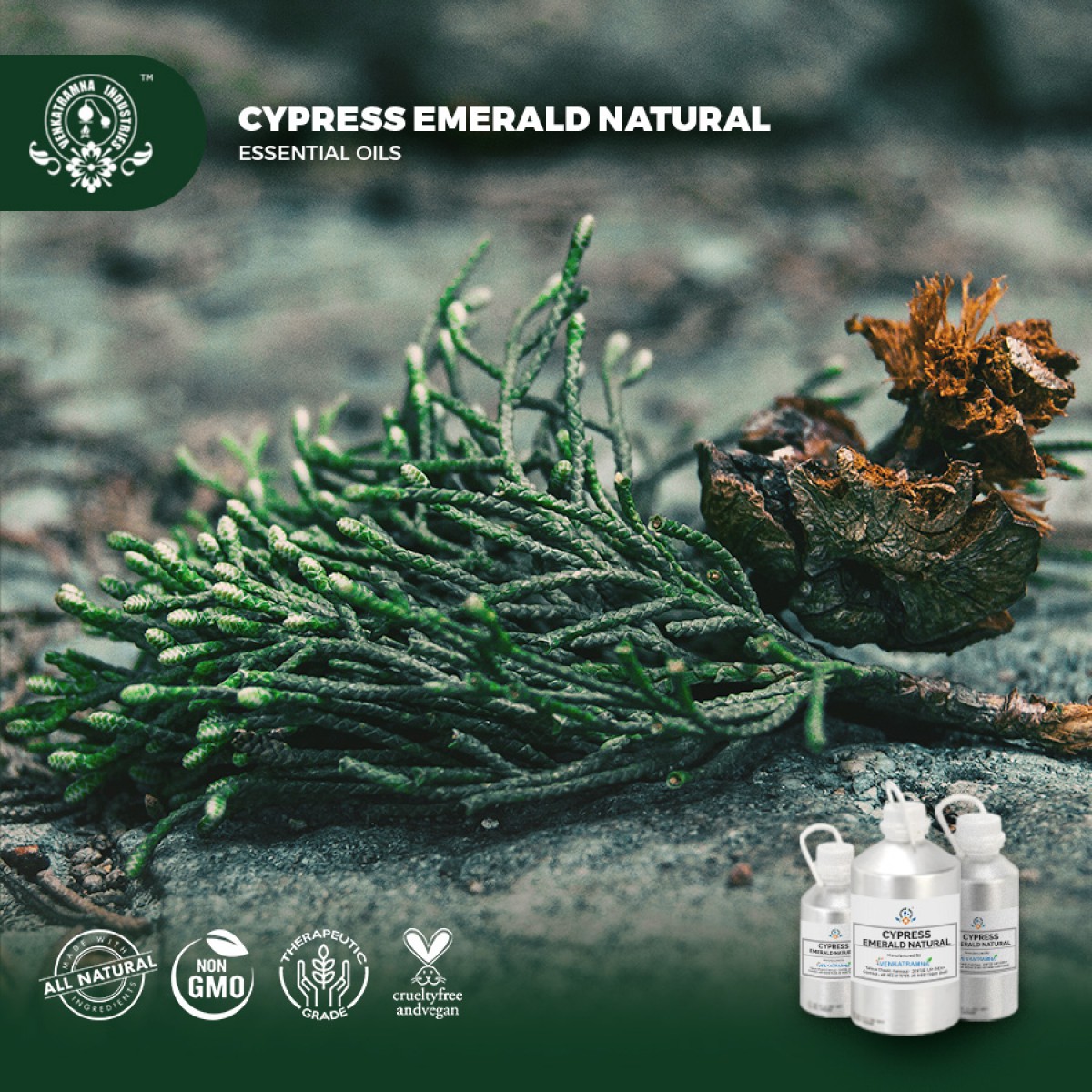
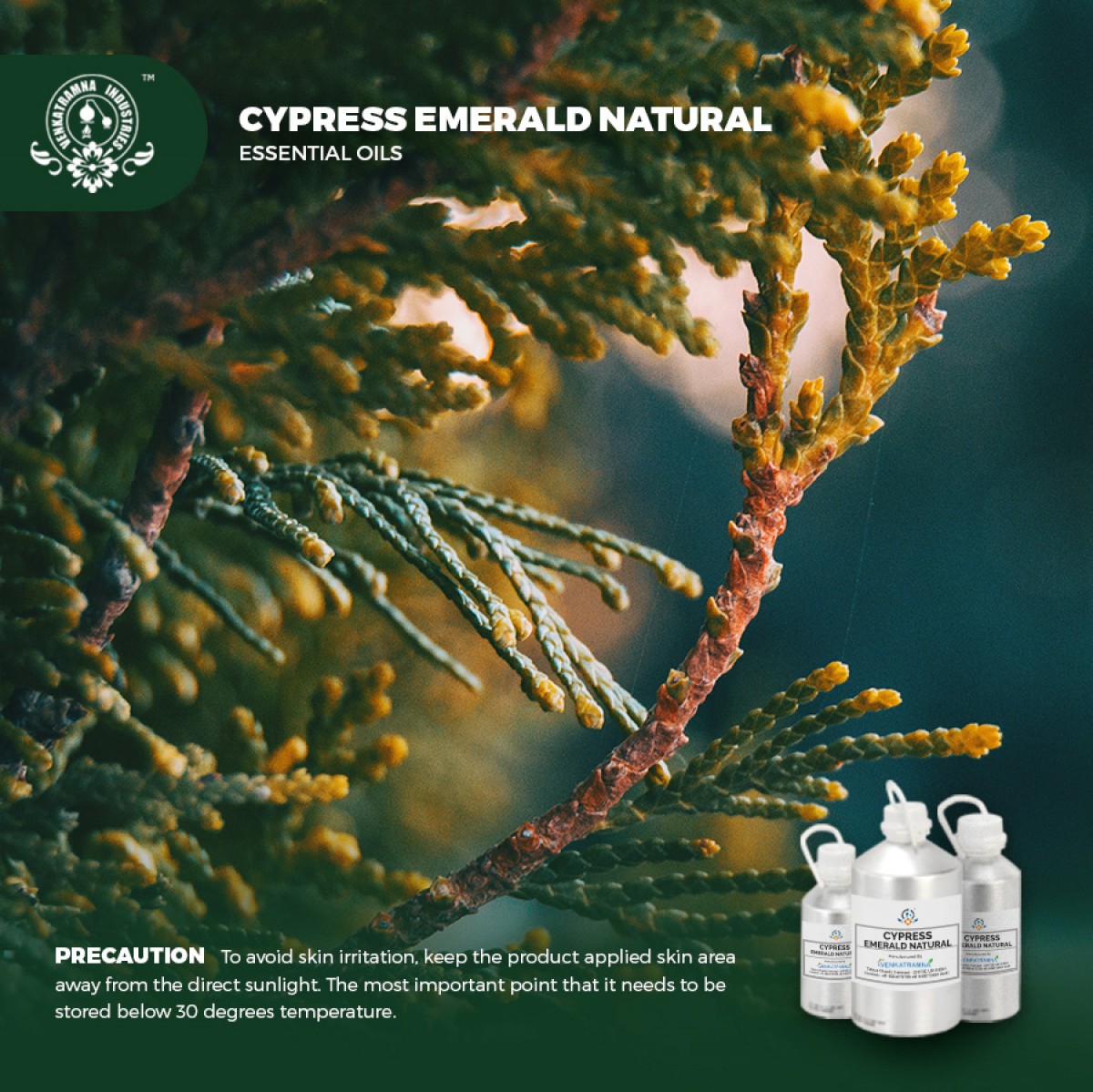
 MSDS-Cypress.pdf
MSDS-Cypress.pdf